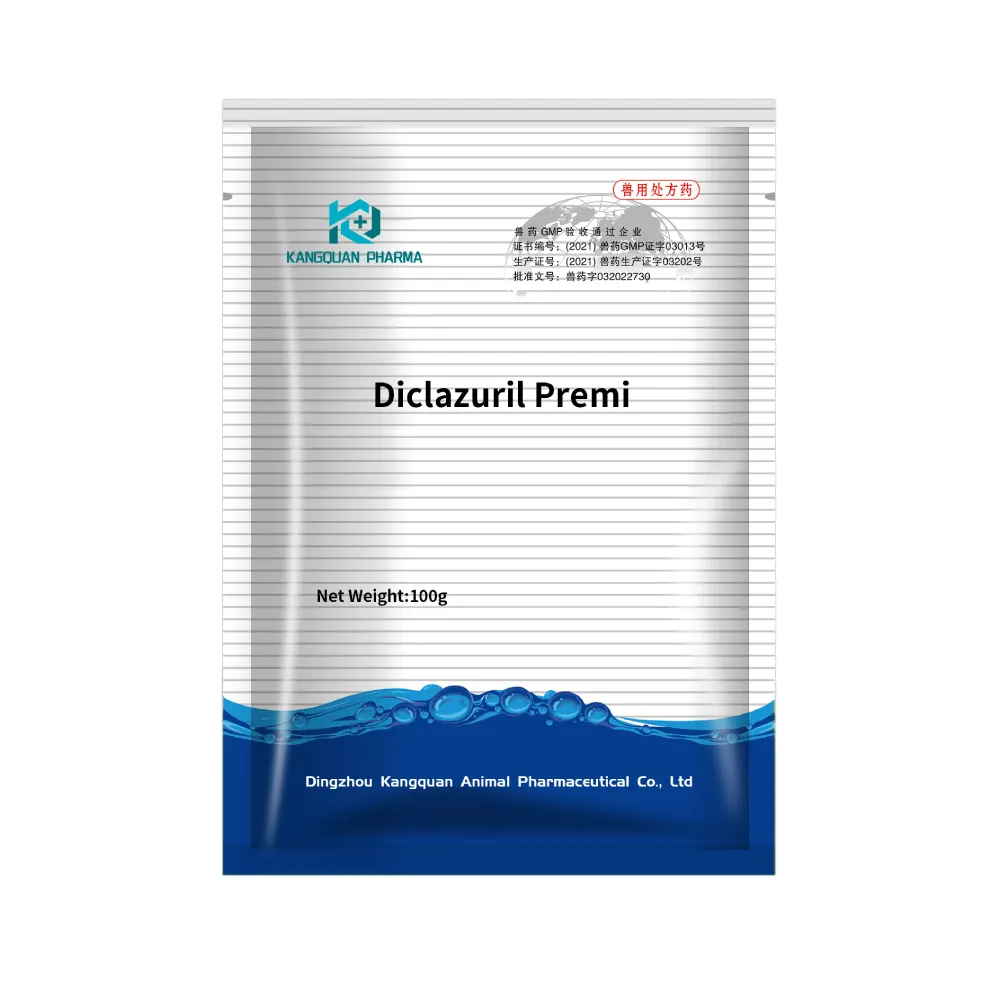- Afrikaans
- Albanian
- Amharic
- Arabic
- Armenian
- Azerbaijani
- Basque
- Belarusian
- Bengali
- Bosnian
- Bulgarian
- Catalan
- Cebuano
- Corsican
- Croatian
- Czech
- Danish
- Dutch
- English
- Esperanto
- Estonian
- Finnish
- French
- Frisian
- Galician
- Georgian
- German
- Greek
- Gujarati
- Haitian Creole
- hausa
- hawaiian
- Hebrew
- Hindi
- Miao
- Hungarian
- Icelandic
- igbo
- Indonesian
- irish
- Italian
- Japanese
- Javanese
- Kannada
- kazakh
- Khmer
- Rwandese
- Korean
- Kurdish
- Kyrgyz
- Lao
- Latin
- Latvian
- Lithuanian
- Luxembourgish
- Macedonian
- Malgashi
- Malay
- Malayalam
- Maltese
- Maori
- Marathi
- Mongolian
- Myanmar
- Nepali
- Norwegian
- Norwegian
- Occitan
- Pashto
- Persian
- Polish
- Portuguese
- Punjabi
- Romanian
- Russian
- Samoan
- Scottish Gaelic
- Serbian
- Sesotho
- Shona
- Sindhi
- Sinhala
- Slovak
- Slovenian
- Somali
- Spanish
- Sundanese
- Swahili
- Swedish
- Tagalog
- Tajik
- Tamil
- Tatar
- Telugu
- Thai
- Turkish
- Turkmen
- Ukrainian
- Urdu
- Uighur
- Uzbek
- Vietnamese
- Welsh
- Bantu
- Yiddish
- Yoruba
- Zulu
7月 . 25, 2024 04:40 Back to list
Effective Antiseptic Solutions for Keeping Your Reptiles Safe and Healthy in Their Environments
Understanding Reptile-Safe Antiseptics A Guide for Responsible Pet Owners
Reptiles, including snakes, lizards, turtles, and amphibians, have unique biological systems that require distinct care compared to traditional pets like cats and dogs. One critical aspect of reptile care involves understanding how to keep them healthy, especially when it comes to treating wounds or infections. The use of antiseptics is a vital part of this process, and as a reptile owner, it's crucial to know which antiseptics are safe for your cold-blooded companions.
The Importance of Antiseptics in Reptile Care
In the wild, reptiles often face injuries from other animals, environmental hazards, or simply from their escapades in nature. In captivity, however, they can similarly encounter injuries, skin infections, or shell rot, particularly in turtles and tortoises. Using a reptile-safe antiseptic can help prevent infections and promote healing. However, selecting the right product is essential, as many antiseptics designed for mammals can be harmful to reptiles.
Characteristics of a Good Reptile-Safe Antiseptic
When searching for a suitable antiseptic for reptiles, there are several characteristics to consider
1. Non-toxic Ingredients The antiseptic should not contain any harmful chemicals that could irritate or poison the reptile. Ingredients such as alcohol, hydrogen peroxide, or iodine can be damaging to their skin and should be avoided.
2. Antimicrobial Properties Effective antiseptics must have antimicrobial properties that can eliminate bacteria, fungi, and viruses without causing harm to the reptile. Look for products specifically formulated for reptiles or those recommended by veterinarians.
3. Ease of Application The antiseptic should be easy to apply, ensuring that the process does not stress the reptile further. Spray or solution formats are often more comfortable for both the pet and the owner.
reptile safe antiseptic

Recommended Reptile-Safe Antiseptic Products
While there are many products on the market, a few notable options have gained popularity among reptile owners due to their effectiveness and safety
1. Betadine (Povidone-Iodine Solution) This broad-spectrum antiseptic can be diluted to a safe concentration for reptiles. A mixture of 110 with water is often recommended to clean wounds gently.
2. Chlorhexidine A widely used antiseptic in veterinary settings, chlorhexidine is effective against a range of pathogens. It is vital to dilute it appropriately before use, typically to a 0.1% solution.
3. Veterinary-Specific Antiseptics Brands like ZooMed and Reptile Systems offer products specifically formulated for reptiles. These are often designed to be non-toxic and effective against common skin infections.
Application and Care Tips
When applying any antiseptic, always start by handling your reptile gently to minimize stress. Clean the area around the wound with a mild saline solution and then apply the antiseptic carefully, ensuring not to soak the surrounding healthy skin excessively. Monitor the wound for signs of healing or further infection, such as increased redness or discharge, and consult a veterinarian if necessary.
Conclusion
In conclusion, understanding the nuances of reptile care, particularly in choosing antiseptics, is crucial for the well-being of these magnificent creatures. Always prioritize products that are proven to be safe and effective for reptiles, and remember that regular veterinary check-ups are an integral part of keeping your reptile healthy. With the right care, your reptile can thrive, allowing you to enjoy the unique companionship they offer.
-
Guide to Oxytetracycline Injection
NewsMar.27,2025
-
Guide to Colistin Sulphate
NewsMar.27,2025
-
Gentamicin Sulfate: Uses, Price, And Key Information
NewsMar.27,2025
-
Enrofloxacin Injection: Uses, Price, And Supplier Information
NewsMar.27,2025
-
Dexamethasone Sodium Phosphate Injection: Uses, Price, And Key Information
NewsMar.27,2025
-
Albendazole Tablet: Uses, Dosage, Cost, And Key Information
NewsMar.27,2025













